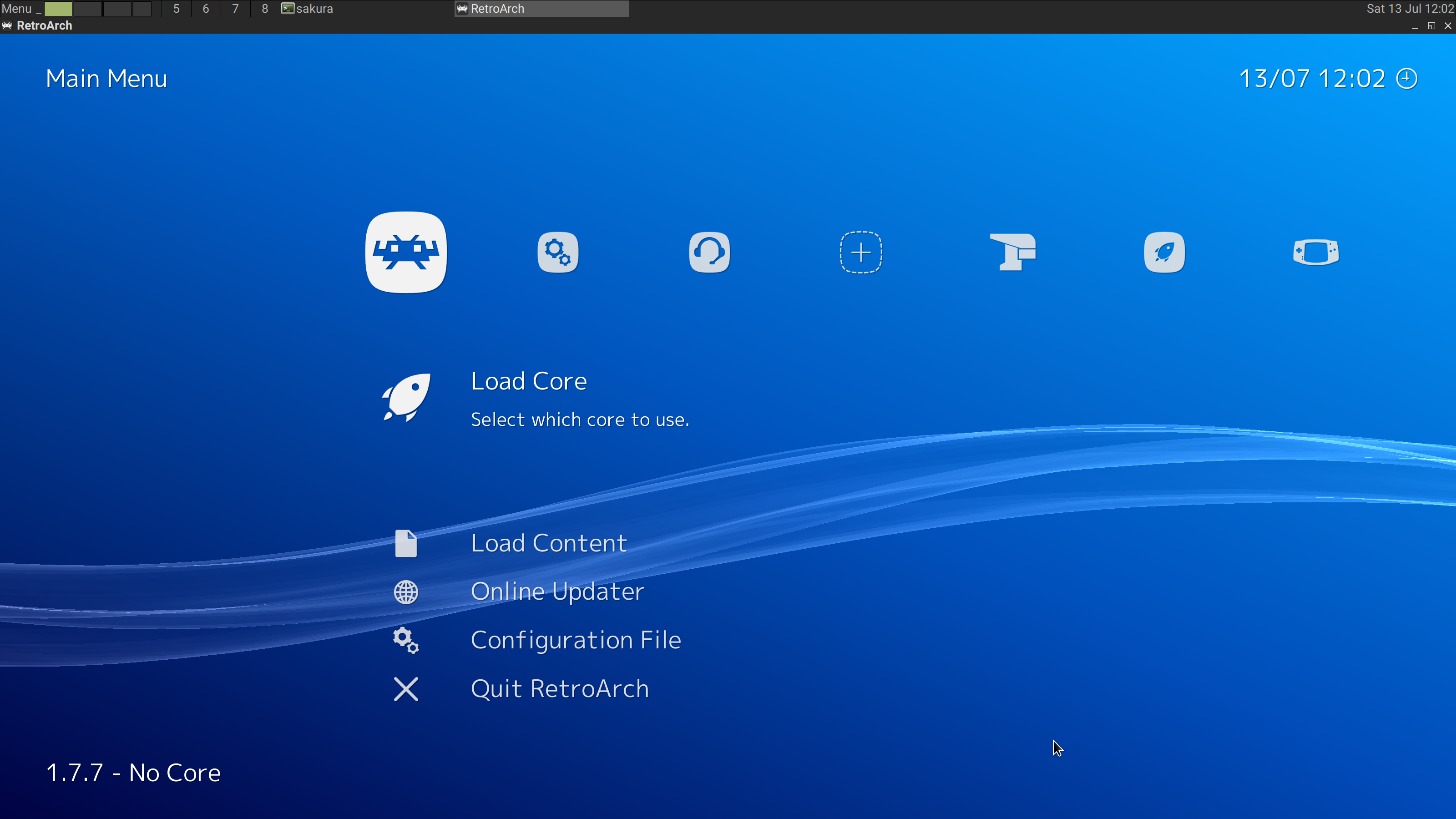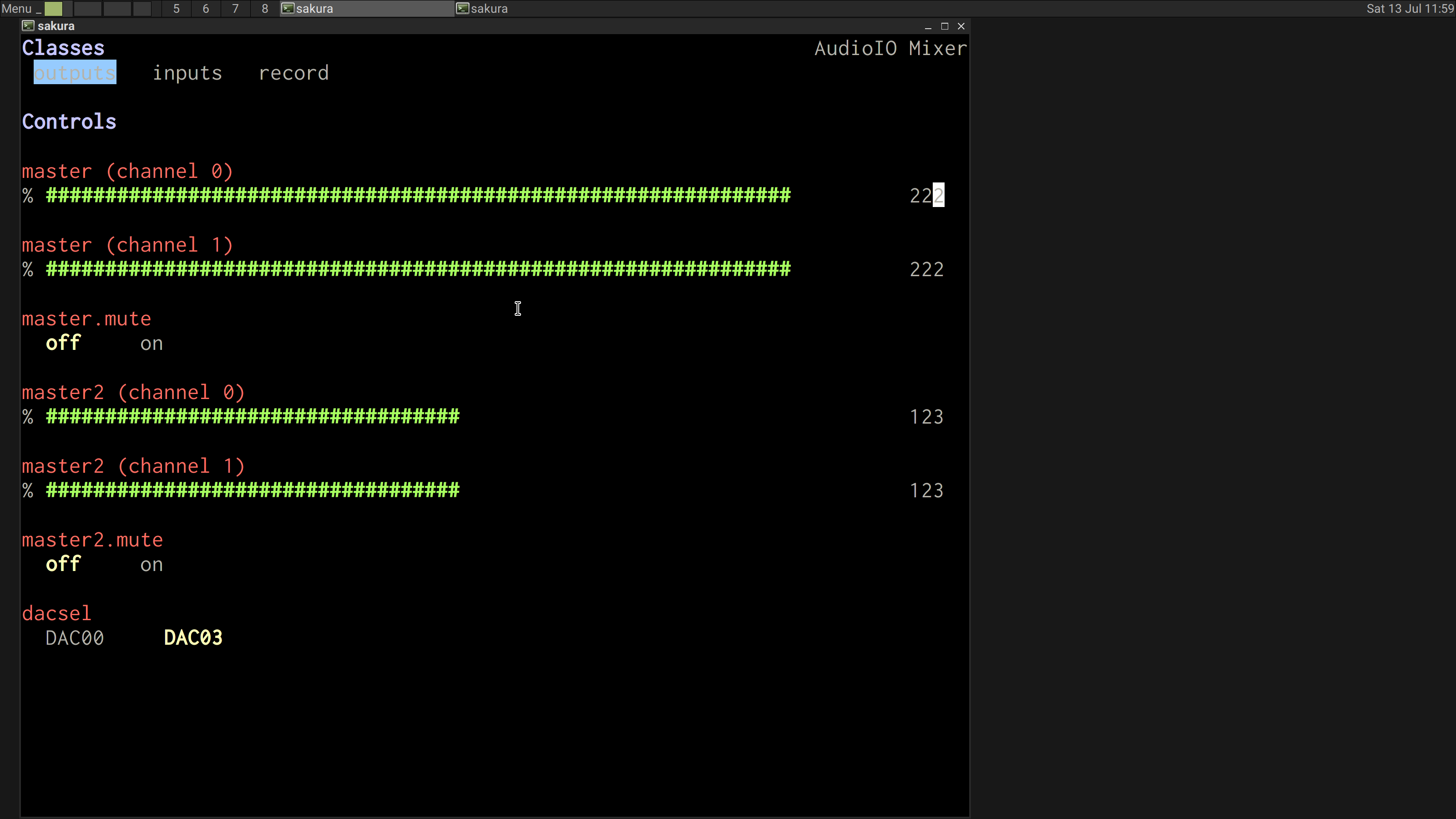NetBSD audio – an application perspective
... or, "doing it natively, because we can"
pkgsrcCon 2019 — Nia Alarie
who am I?
- nia@NetBSD.org
- nia on freenode, etc
- Developer since 2018
- First talk :-)
audio options for NetBSD in pkgsrc
- Use NetBSD native audio (sun audio/audioio.h)
- Or OSS emulation layer
Basically a wrapper around sun audio in the kernel
Incomplete and old version, but works for simple stuff
Many many abstraction layers available:
- OpenAL-Soft
- alsa-lib (config file required)
- libao, GStreamer (plugins!)
- PortAudio, SDL
- PulseAudio, JACK
- ... lots more!? some obsolete stuff (esd, nas?)
advantages of using NetBSD audio directly
- Low latency, low CPU usage
Abstraction layers differ in latency (SDL2 vs ALSA/OpenAL)
- Query device information
Is /dev/audio1 a USB microphone or another sound card?
- Avoid bugs from excessive layering
- Nice API, well documented
[nia note: I had no idea how to write audio code. I read a man page and now I do.]
- Your code might work on illumos too
[nia note: SDL2 seems very sensitive to the blk_ms sysctl being high or low,
with other implementations there seems to be a less noticable difference.
I don't know why.]
first test case: RetroArch
- Frontend for libraries implementing emulators or game logic.
- I learned NetBSD had its own non-OSS audio API.
- I wanted to increase support for it.
RetroArch was a straightforward target
They accepted my patch
- My code also works on illumos.

differences from the OSS implementation?
- Kernel calculates block size for the user's global latency
- Simpler and probably results in more desirable outcomes
- Less ioctls
OSS - pass values using setters, e.g. SNDCTL_DSP_SETFMT
Sun - pass one struct to the kernel with AUDIO_SETINFO
[nia note: Both Sun and OSS involve opening a device in /dev
and performing standard read(2) and write(2) operations on it.
The difference is how you tell the kernel to interpret the data.]
second test case: aiomixer
- Decided to use my experience after RetroArch to write a mixer
- State of mixers is lacking
A lightweight user-friendly alternative to mixerctl was needed
- Do more than change volume - DACs
Your laptop has a headphone port and speakers
Should be possible to select between them
And control them independently
- ... would be nice to have more readable DAC names
pkgsrc-wip - wip/aiomixer
github repository- https://github.com/niacat/aiomixer

third test case: SDL2
Popular in applications, but high latency on many platforms.
SDL already targeted NetBSD directly, but with many problems:
- Tried to use non-blocking I/O
Workaround for the bad old days where opening /dev/audio
locked it system-wide.
- Calls to SDL_Delay(1) everywhere
- Bad quality output - jittering, poor performance
- Buggy initialization
etlegacy patched to use OpenAL.
reimplementation
I reimplemented it using current docs and advice on SDL's bugzilla.
- Blocking I/O - all calls to SDL_Delay(1) removed
- Much better performance, jittering gone
- Actually usable now
- Submitted to upstream for inclusion in the next release
fourth test case: cubeb (Firefox/SeaMonkey)
cubeb is a portable audio library written in C and C++
- mainly notable because Mozilla uses it
- mozilla recommends PulseAudio
- ... but upstream accepts patches for new backends, if tests pass
Poor native audio support - only an unofficial OSS backend
- No microphone support
- No device selection
- Unmaintained
- FreeBSD removed it, we found bugs after audio2 merge
writing a cubeb backend for NetBSD audio
- Detect devices (e.g. USB microphones)
-
Make them available as outputs or inputs
Give them nice, user-friendly names
Uses NetBSD APIs, e.g. AUDIO_GETPROPS, AUDIO_GETFORMAT
But most of it still works on illumos
- Support more channels
- Support 96000 Hz and other fancy sample rates
- Need to convert floats in cubeb - no support in kernel currently
- cubeb uses threads - very different I/O to other code
- I want the OSS backend gone
- Done! Merged by upstream!
[nia note: It's now one of the best supported APIs you could use.
SDL2 is now very good too, but it's not as good for recording and
doesn't have multi-device support.]

questions?
I might be able to answer them
thanks for listening
I'm looking for a job btw
some annotations in response to questions and other comments
made during the talk, marked "nia note"


